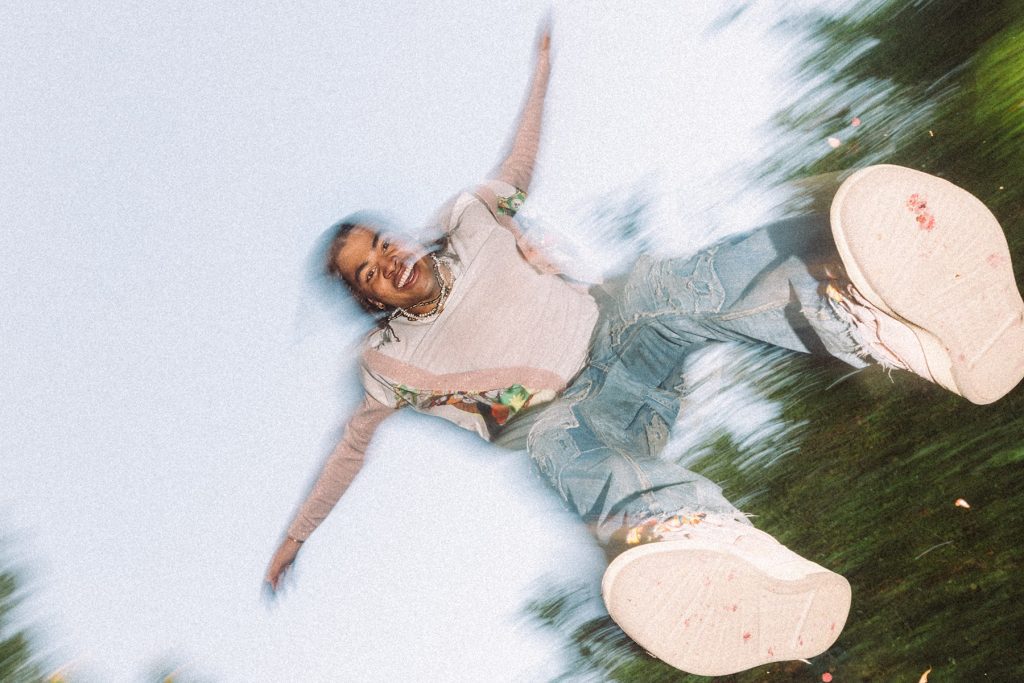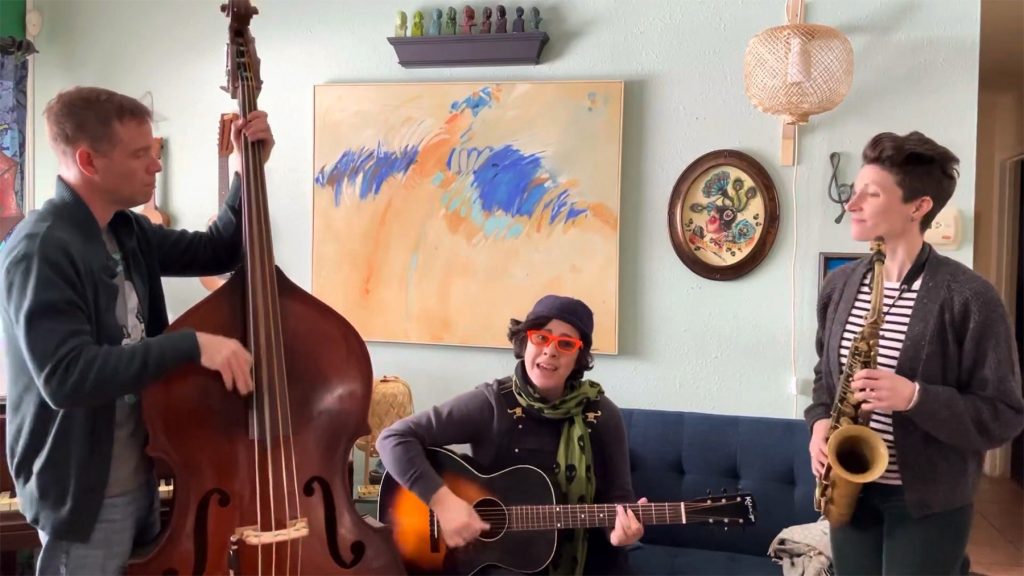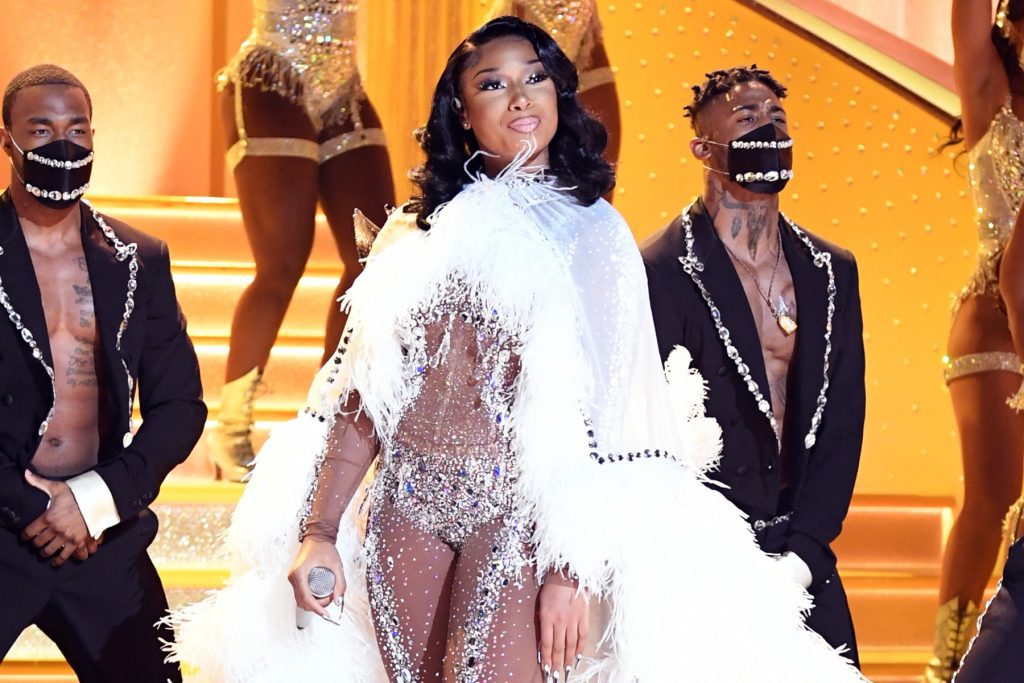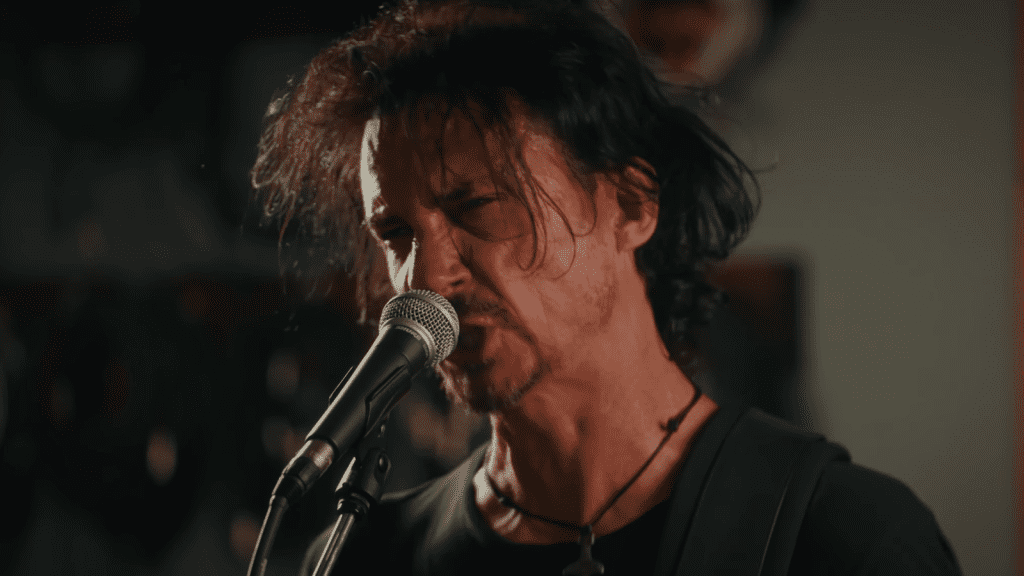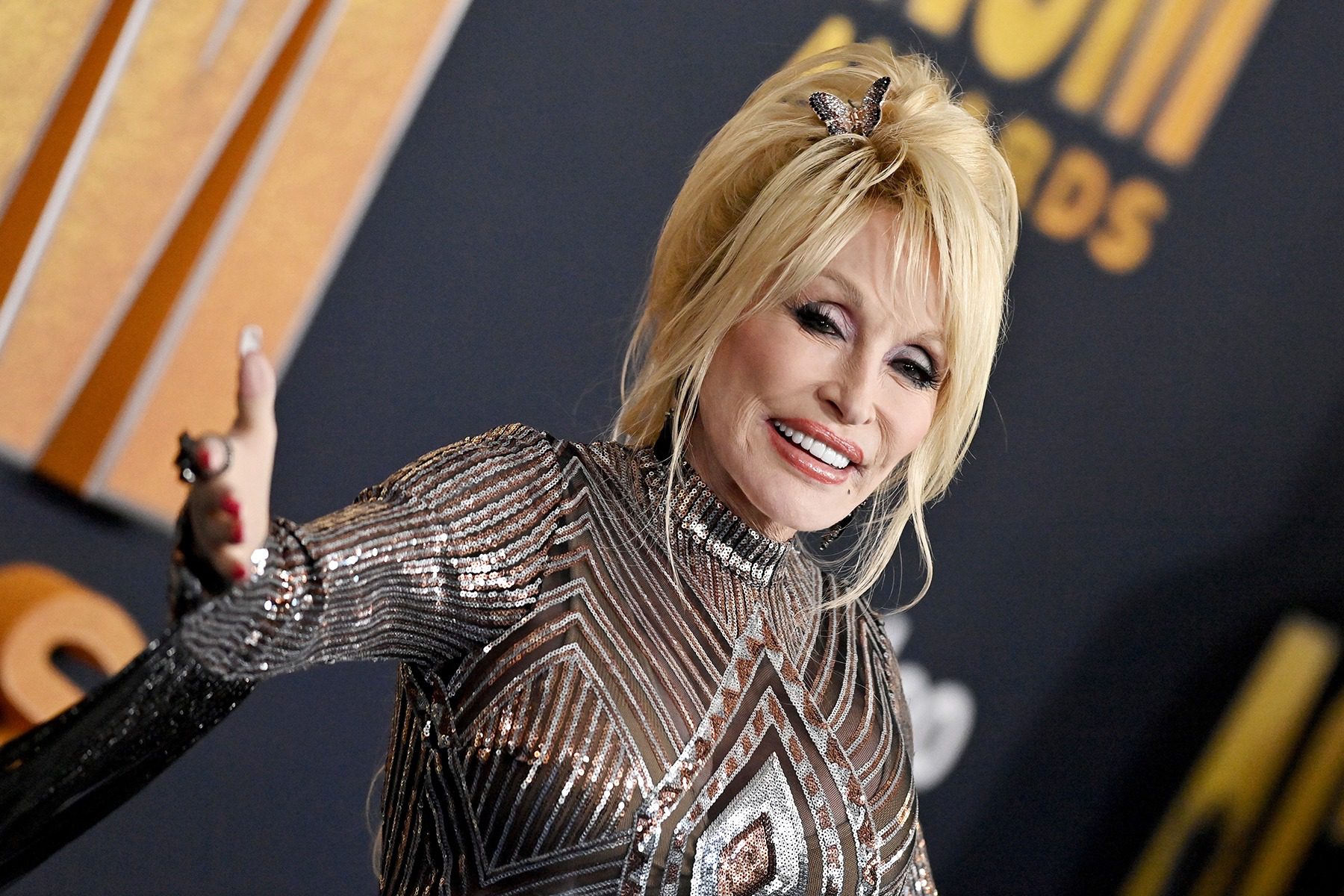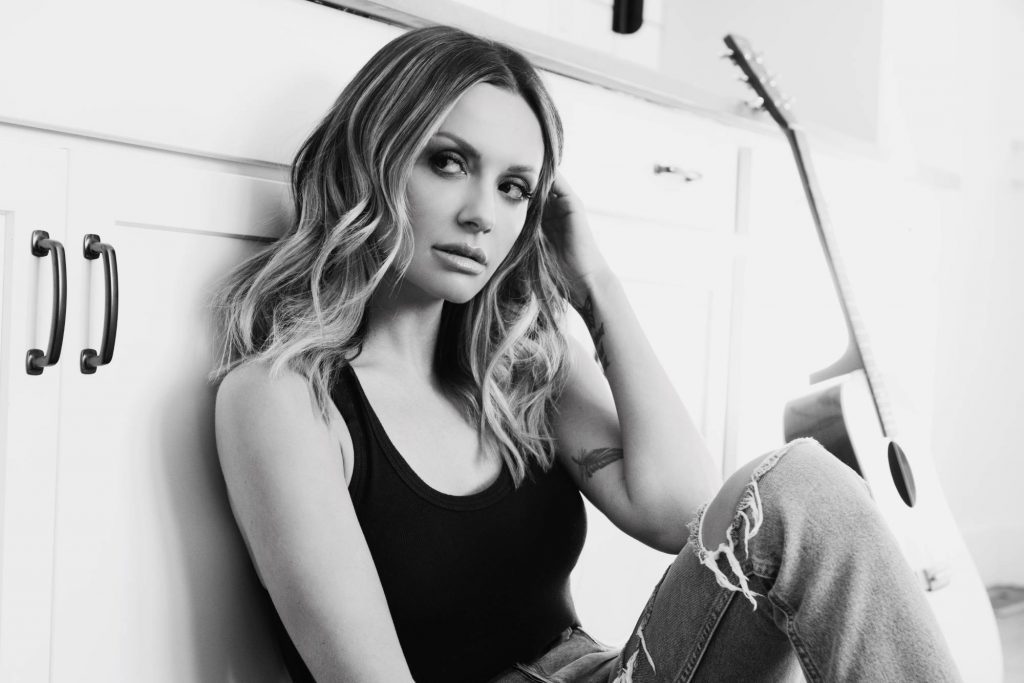
How Carly Pearce Worked Through Heartbreak and Grief on Her New EP
When she was a teenager in Kentucky, Carly Pearce liked to pore over the liner notes of her favorite country CDs and study who was involved: the players, producers, and songwriters. She became enamored of composers who, while not exactly household names, penned some of the most enduring hits of the era for Martina McBride, Patty Loveless, and Faith Hill.
“I loved Matraca Berg and Gretchen Peters because they wrote so many of the Nineties songs I loved,” Pearce says. “I loved that era of music. I loved Shania [Twain] because I felt like she was such a writer, but also such an artist. I loved seeing who played on the records. I loved seeing all those things.”
In the same way, Pearce’s new EP 29 feels like an homage to country music’s songwriting giants and the radio-friendly art that characterized the Nineties country boom. With seven songs all co-written by Pearce, 29 chronicles a period of personal struggle for the “I Hope You’re Happy Now” singer that included the death of her producer Busbee and her divorce from fellow country singer Michael Ray after less than one year of marriage.
blogherads.adq.push(function () {
blogherads
.defineSlot( ‘medrec’, ‘gpt-dsk-tab-country-article-inbody1-uid0’ )
.setTargeting( ‘pos’, [“mid-article”,”mid”,”in-article1″,”btf”] )
.setSubAdUnitPath(“music//country//article//inbody1”)
.addSize([[300,250],[620,350],[2,2],[3,3],[2,4],[4,2]])
.setLazyLoadMultiplier(2)
;
});
Working with new collaborators Shane McAnally and Josh Osborne, Pearce crafted a batch of songs at once uncomfortably personal and universally relatable. The project’s opening track “Next Girl” is a spicy, uptempo warning about a guy who knows “how to say all the right things” very much in the vein of Loveless or McEntire, while “Messy” is an empathetic ballad about how tough — and unflattering — it can be to move on. The album’s title song is a devastating centerpiece that examines an age in which, as she sings, “is the year that I got married and got divorced/I held on for dear life but I still fell off the horse.”
Ultimately, there’s a progression through the seven tracks, concluding in a place of hope — the realistic, clear-eyed kind — after some heavy-duty trials.
“I wanted to take you on the journey I went on as I was living these songs and writing them,” Pearce says, noting that she’s already working on a follow-up. “Even though it’s my story, these are everybody’s stories of struggle.”
With this new project, do you feel like you were doing more writing than normal?
For sure. I had the time to really focus on it and I also just feel like with a new musical venture without Busbee, I felt [like] a new sound — I was trying to find what that looked like. I think I found something so much greater than what I thought I was going to find.
Busbee’s death hovers over 29 and the song “Show Me Around” alludes to your collaboration. What did you learn from working with him?
Oh my goodness, I learned so many things I feel like I’ll take forever. He had just a way of hearing music that I — he was just a musical genius, the way he heard parts, the way he pushed me as a singer. The way he approached life. He was a really special, brilliant musician and a really special person.
When you were writing the album’s title track, what did the age signify for you?
To me, it was the year that was going to be my best and ended up completely taking a turn at the time for the worst. If you would have asked me then, “Are you sure you want to go there in this song?”, that was the only true way to describe just exactly how heartbreaking that was. I think it’s going to allow other people to insert their own struggles and life into that song.
The story in the song really seems to parallel what we know about your life. What reservations, if any, did you have about putting it out there?
I think if I knew if I was gonna go there, I needed to just go there… The cool thing about that song, is that it has nothing to do with the other person. It has everything to do with me and my perspective of the journey I had trying to come to terms with that. It just gave me the liberty and the freedom to speak exactly what was on my heart.
It feels a bit like 29 is arriving shortly after your self-titled second album from 2020. Is that due to the pandemic?
It’s partly pandemic-related, but more so that project was Busbee, and quite honestly I wanted to go out on a high note. He knew that “I Hope You’re Happy Now” was going to be a single. We thought it was going to be special. And that second album, the heartbeat of that record was me falling in love and getting married. I find albums and songs — I describe them as yearbook photos. It had become something I didn’t identify with at that point.
blogherads.adq.push(function () {
blogherads
.defineSlot( ‘medrec’, ‘gpt-dsk-tab-country-article-inbody2-uid1’ )
.setTargeting( ‘pos’, [“mid-article”,”mid”,”in-article2″,”btf”] )
.setSubAdUnitPath(“music//country//article//inbody2”)
.addSize([[300,250],[300,251],[620,350],[2,4],[4,2]])
.setLazyLoadMultiplier(2)
;
});
You worked with Shane McAnally and Josh Osborne on this. What did they bring to the table?
Something we shared that Busbee and I didn’t share was our love of Nineties country music. I know that sounds funny because people are like, that’s who you are, and I’m like, yes, but however, Busbee wasn’t infatuated with that kind of music like I was, or like Shane was, or Josh. There’s a language the three of us speak that I don’t think Busbee was ever going to speak, just in the same way that he and Maren [Morris] spoke a language of R&B that I would never speak.
I’m glad you mention Nineties country, because those sounds — fiddle, dobro, and steel — are all over this project. What kind of conversations did you guys have about how far you were going to take that sound?
I think they knew always that I wanted to be a commercial country artist. There’s no question. I wanted to be artistic but I also still wanted to be on the radio. And what’s so great about writing and creating music with the two of them is they know the radio more than anybody in Nashville. They pretty much own the radio. They were able to help me make things still feel like radio singles.
Was this a therapeutic album to write and record for you?
Oh yeah. Anytime I’m writing from a perspective of when I’m singing about me, which I had never quite experienced to the depth of this, it’s always been therapy for me. I feel like I’m a songwriter as much as I’m an artist, as much as I’m a singer. In order for me to process what I was going through, I had to write it down. I’m actually somebody who will sit on thoughts and come back to it after I’ve had a second. It absolutely helped me to get those feelings out of me and put them into music.
